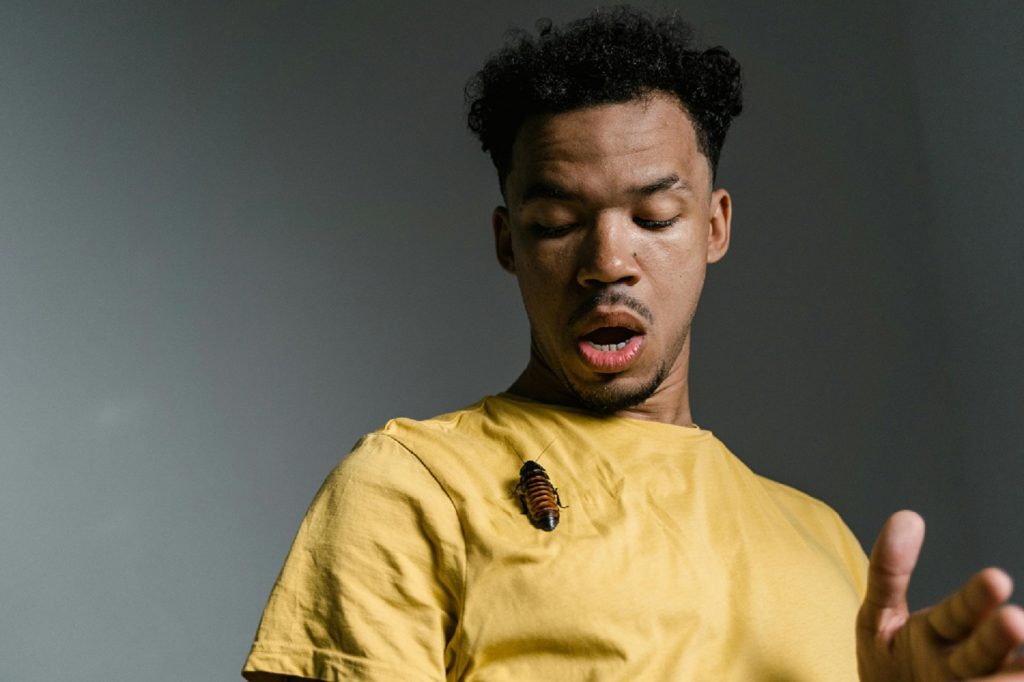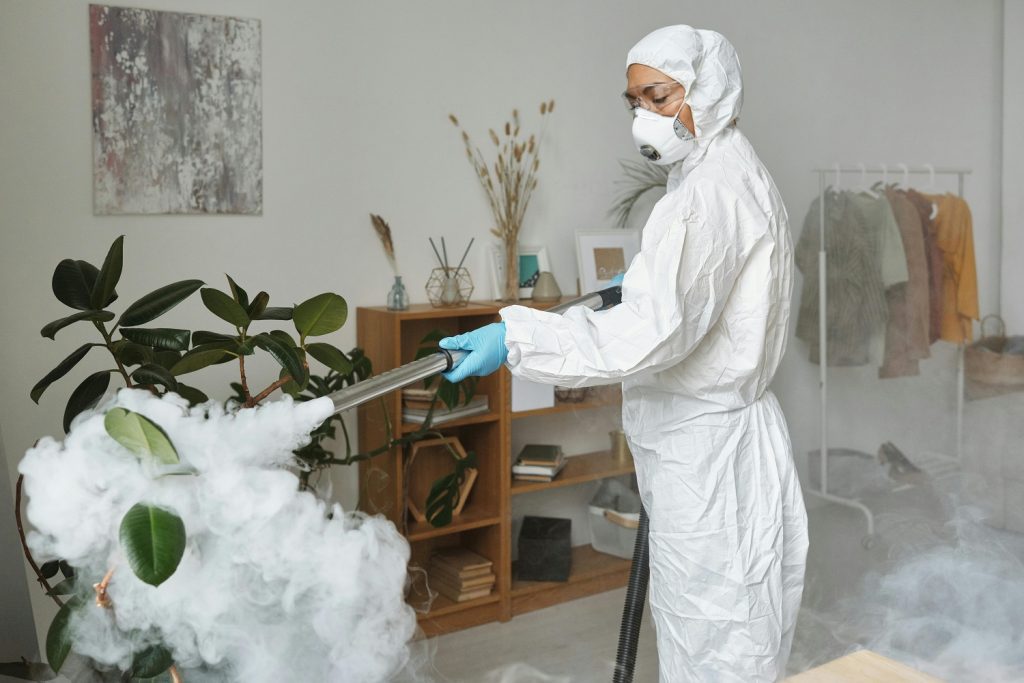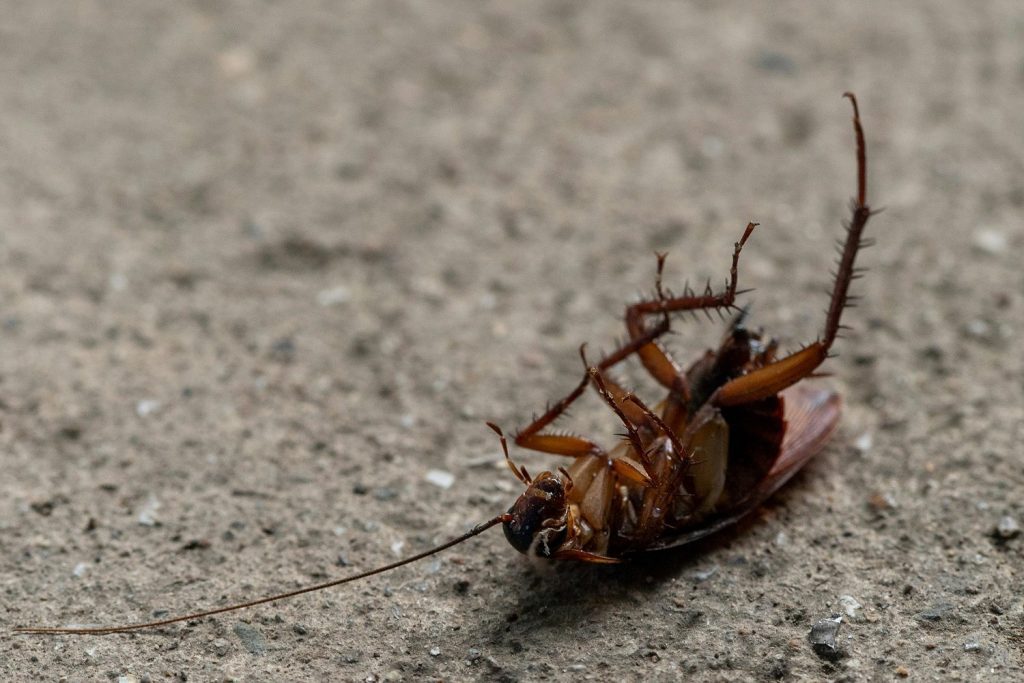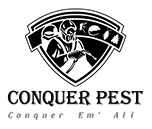Cockroach infestations are not only unsettling but also a health hazard for homes and businesses. These pests multiply rapidly, contaminate food, and spread diseases. When infestations become severe, fumigation is often the most effective solution. But what happens after cockroach fumigation? Understanding the aftermath is crucial for ensuring the treatment’s effectiveness and preventing reinfestation.
This guide provides step-by-step advice on what to expect, actionable tips for post-treatment care, and expert insights to keep your property pest-free.
Is Fumigation Effective for Cockroach Infestations?
Fumigation is highly effective for addressing severe cockroach infestations. It works by penetrating deep into cracks, crevices, and other hiding spots where traditional sprays or baits fail. This method targets live cockroaches and often their eggs, ensuring widespread elimination.
Factors That Impact Fumigation Success
- Severity of the infestation: Larger infestations may require follow-up treatments.
- Quality of the treatment: Professional-grade chemicals and expertise play a critical role.
- Post-treatment actions: Homeowners must maintain cleanliness and block entry points to prevent reinfestation.
For reliable fumigation services, explore Conquer Pest’s cockroach fumigation solutions.
Do Roaches Get Worse After Fumigation?
It’s common to see increased cockroach activity immediately after fumigation. This happens because:
- The chemicals drive cockroaches out of their hiding spots.
- Some cockroaches may behave erratically before succumbing to the treatment.
This heightened activity is temporary and indicates that the fumigation is working. Within a week or two, their numbers will significantly decrease.
Why Do I Still See Cockroaches After Fumigation?
Even after professional fumigation, you might still spot cockroaches for several reasons:
1. Chemical Effects Take Time: Fumigants may take days or weeks to reach all cockroach hiding places.
2. Resistant Cockroach Eggs: Cockroach eggs are particularly resilient. They may hatch post-treatment, requiring follow-up actions.
3. Reinfestation from External Sources: Untreated neighboring areas can act as a source of reinfestation. Seal gaps and cracks to minimize this risk.
What Should You Expect After Cockroach Fumigation?
Here’s what typically happens after fumigation:
- Dead Cockroaches: You’ll find dead cockroaches in various parts of your property. Dispose of them promptly.
- Reduced Activity: Live cockroach sightings will decrease significantly over 1–2 weeks.
- Lingering Odors: The chemical smell from fumigation may persist temporarily. Ventilate the space to clear the air.
- Follow-Up Actions: Severe infestations often require additional treatments or inspections.
Post-Fumigation Steps to Take
To maximize the effectiveness of fumigation, follow these essential steps:
1. Follow Professional Instructions: Your pest control provider will give you specific guidelines for post-treatment care.
2. Wait Before Cleaning: Avoid cleaning treated areas for 24–48 hours to allow the chemicals to work fully.
3. Seal Entry Points: Use caulk or weather-stripping to seal cracks, gaps, and crevices around doors, windows, and plumbing.
4. Maintain Cleanliness:
- Remove crumbs and food debris regularly.
- Store food in airtight containers.
- Empty trash bins frequently.
5. Restrict Water Sources: Fix leaking pipes and avoid leaving standing water in sinks or bathrooms.
6. Schedule Follow-Ups: For severe infestations, follow-up treatments are often necessary. Contact Conquer Pest for advice.
What Not to Do After Cockroach Fumigation
Avoid these mistakes to ensure the treatment remains effective:
- Don’t Clean Immediately: Wait for the recommended time to avoid disrupting the chemical treatment.
- Don’t Block Ventilation: Keep windows and vents open to clear any residual fumes.
- Don’t Ignore Signs of Reinfestation: Act promptly if you notice new droppings, egg cases, or live cockroaches.
- Don’t Skip Follow-Ups: Follow-up treatments and inspections are key to long-term pest control.
How Soon Can You Clean After Cockroach Fumigation?
Timeline for Cleaning
- 24–48 Hours Post-Treatment: Avoid cleaning treated areas.
- Light Cleaning: Wipe high-contact surfaces like counters after the waiting period.
- Deep Cleaning: Perform deep cleaning, such as mopping floors, a week later or as advised by your pest control provider.
What If Cockroaches Persist After Treatment?
If cockroaches continue to appear after fumigation:
- Contact Your Exterminator: Report the issue for further evaluation.
- Inspect for Entry Points: Reinfestation often occurs through cracks or gaps in walls or windows.
- Schedule Follow-Up Treatments: Persistent infestations may require multiple treatments for complete eradication.
Learn more about pest control solutions here.
Preventing Future Cockroach Infestations
Maintaining a cockroach-free environment requires ongoing vigilance. Here’s how you can prevent future infestations:
- Regular Inspections: Look for droppings, egg cases, or other signs of activity.
- Professional Services: Schedule routine pest control visits to catch small issues before they escalate.
- Educate Yourself: Stay informed about cockroach behavior and prevention strategies.
Explore pest prevention tips here.
Conclusion
Fumigation is a powerful tool for eliminating cockroach infestations, but the aftermath requires careful attention to ensure lasting results. By understanding what to expect, following professional advice, and taking proactive steps, you can maintain a pest-free property.
If you’re dealing with a cockroach problem or need expert guidance, contact Conquer Pest today.
Enjoy peace of mind knowing your home or business is safe, clean, and free from cockroaches!
Frequently Asked Questions
Q: How long will cockroaches remain visible after fumigation?
Cockroaches may be visible for up to two weeks as the chemicals take effect.
Q: Can fumigation eliminate cockroach eggs?
While fumigation can affect some eggs, others may hatch post-treatment, requiring follow-ups.
Q: Are there alternatives to fumigation for cockroach control?
Yes, methods like baiting, trapping, and targeted spraying can be effective for smaller infestations.
Q: Is it safe to stay at home during cockroach fumigation?
Most fumigation treatments require you to vacate the premises for several hours or even a day, depending on the chemicals used. Always follow the exterminator’s guidelines for re-entry to ensure your safety.
Q: Can I use DIY fumigation products instead of hiring professionals?
DIY products may work for small infestations but are typically less effective for severe cases. Professional fumigation ensures thorough treatment with specialized chemicals that target hidden cockroach populations and eggs.
Q: Why is it important to seal cracks and gaps after fumigation?
Cockroaches can enter your property through tiny openings in walls, floors, and plumbing. Sealing these entry points prevents reinfestation and enhances the long-term success of the treatment.
Q: How can I protect my food and belongings during fumigation?
Before fumigation, store all food items in airtight containers or remove them from the premises. Cover or remove sensitive items like electronics, plants, and pet supplies as directed by your exterminator.
Q: Are the chemicals used in fumigation harmful to pets?
Yes, fumigation chemicals can be harmful to pets. Always remove pets, including aquariums and cages, from the premises before treatment. Wait for the recommended re-entry time to ensure safety.
Q: What should I do if cockroach eggs hatch after fumigation?
Cockroach eggs are resistant to many treatments and may hatch after fumigation. Contact your exterminator to schedule a follow-up treatment and clean your home thoroughly to remove newly hatched cockroaches.
Q: Can cockroaches return after fumigation?
Yes, cockroaches can return if neighboring infestations are not addressed or if entry points remain unsealed. Maintaining cleanliness and scheduling routine inspections are key to preventing their return.
Q: How do I know if fumigation was successful?
Signs of a successful fumigation include finding dead cockroaches, reduced sightings of live cockroaches over time, and no signs of droppings or egg casings. Persistent issues may indicate the need for additional treatments.
Q: What is the best long-term strategy for cockroach prevention?
The best long-term strategies include:
- Sealing entry points.
- Maintaining a clean environment free of food crumbs and standing water.
- Scheduling routine pest control services.




